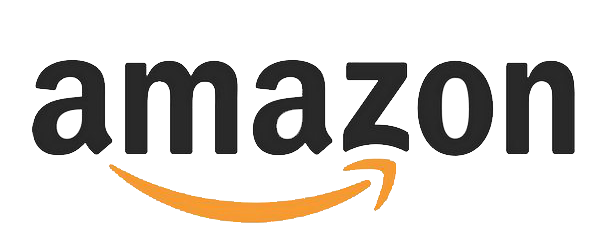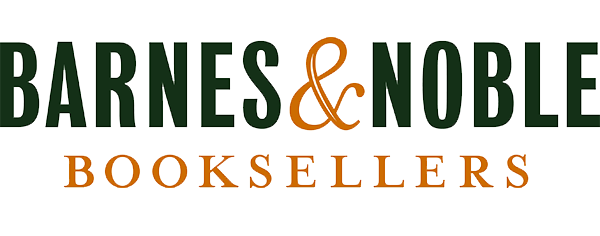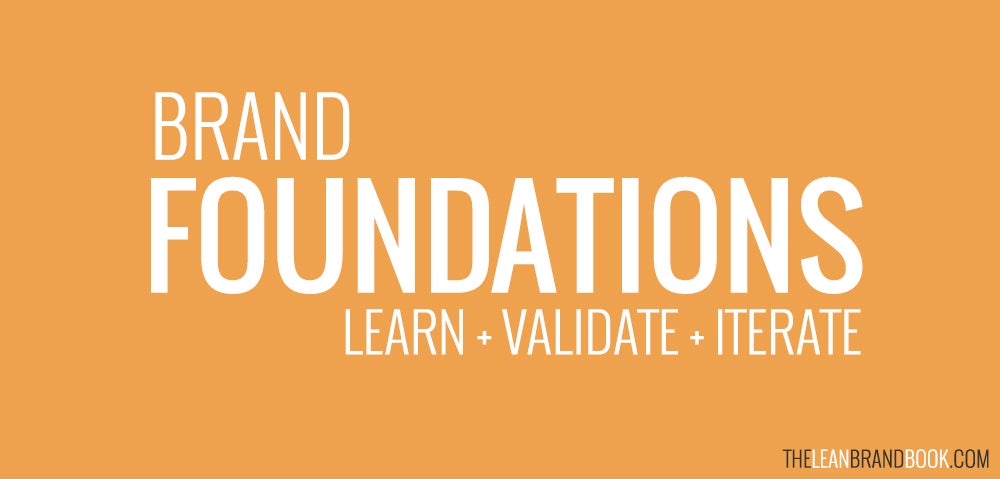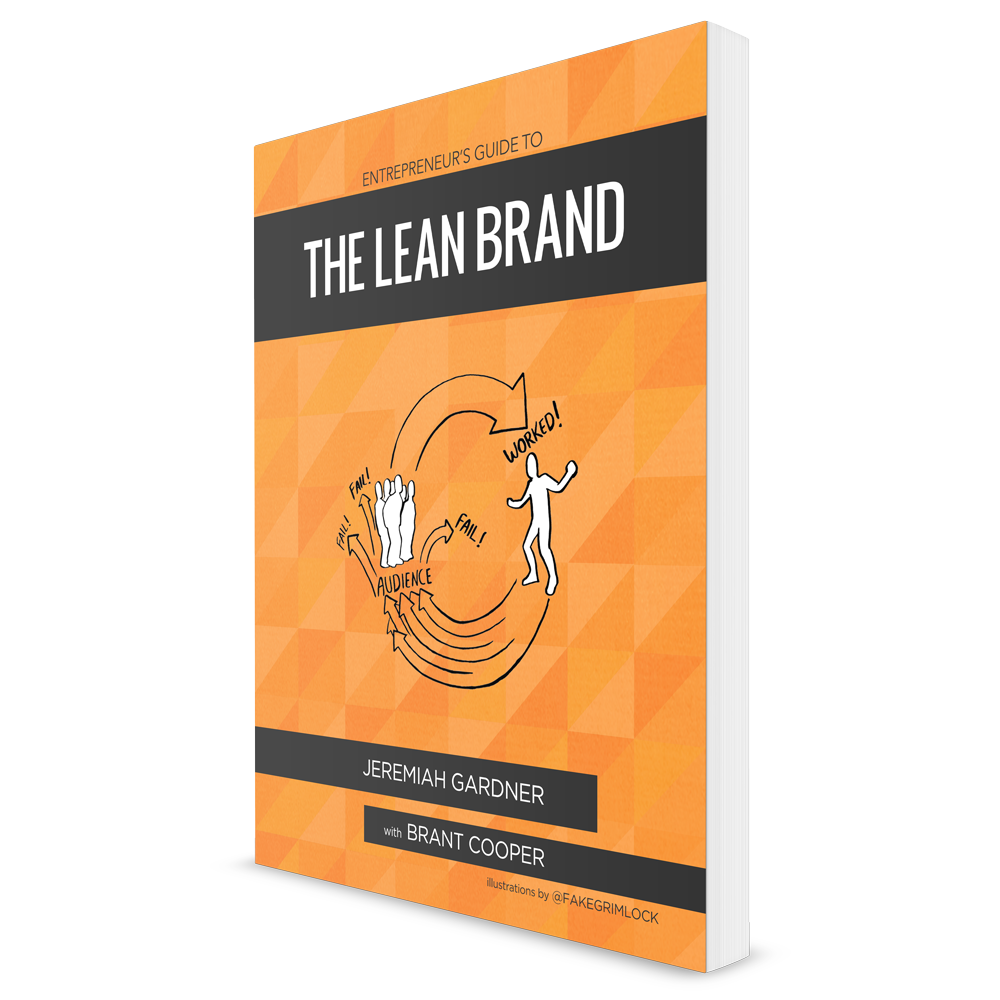Anyone who has entered the startup world knows things move fast, change on a whim, break, mend, and change at lightning speed. So much so, entrepreneurs who can’t evolve and adapt often face a grim ending before they ever actually get out of the gate.
Even if you have a truly innovative and defensible product, all startups will eventually have competitors who offer identical products. Uber and Lyft both solve the same problem – getting you from Point A to Point B, but offer very different experiences. Groupon and LivingSocial both solve the same problem – exposing you to daily deals, but offer very different experiences.
This is brand - the relationship developed between the organization and the audience.
If you strip down your product or service to only the problem it solves, what do you have left? Where can people connect? How will people become passionate about who you are?
This is a question too few founders have asked themselves.
Brand is an integral part of any company attempting to create value and is even more integral to early-stage startups. Products will more than likely change, teams will probably transition, and audiences naturally shift, however, what’s at the foundation of your brand, the relationship, can (and should) remain a constant force.
That's why an iterative and validated approach to building your brand matters. Solidifying the foundation of your relationship with your audience shouldn't be based on a few clever ideas or outsourced to an agency. Instead, it should be discovered – through experimentation – and validated –through learning – from the start.
This is the foundation for lean brand development.









